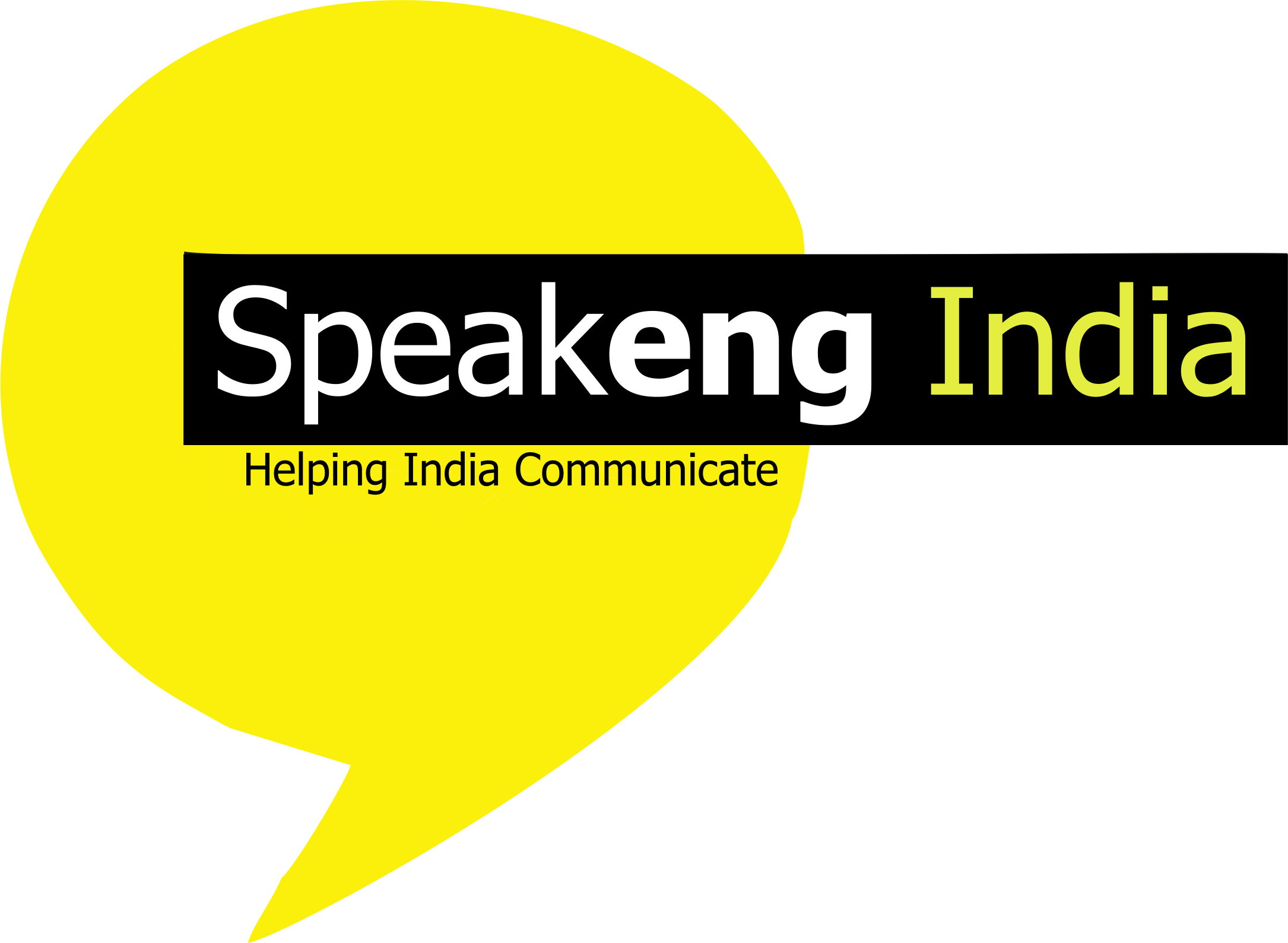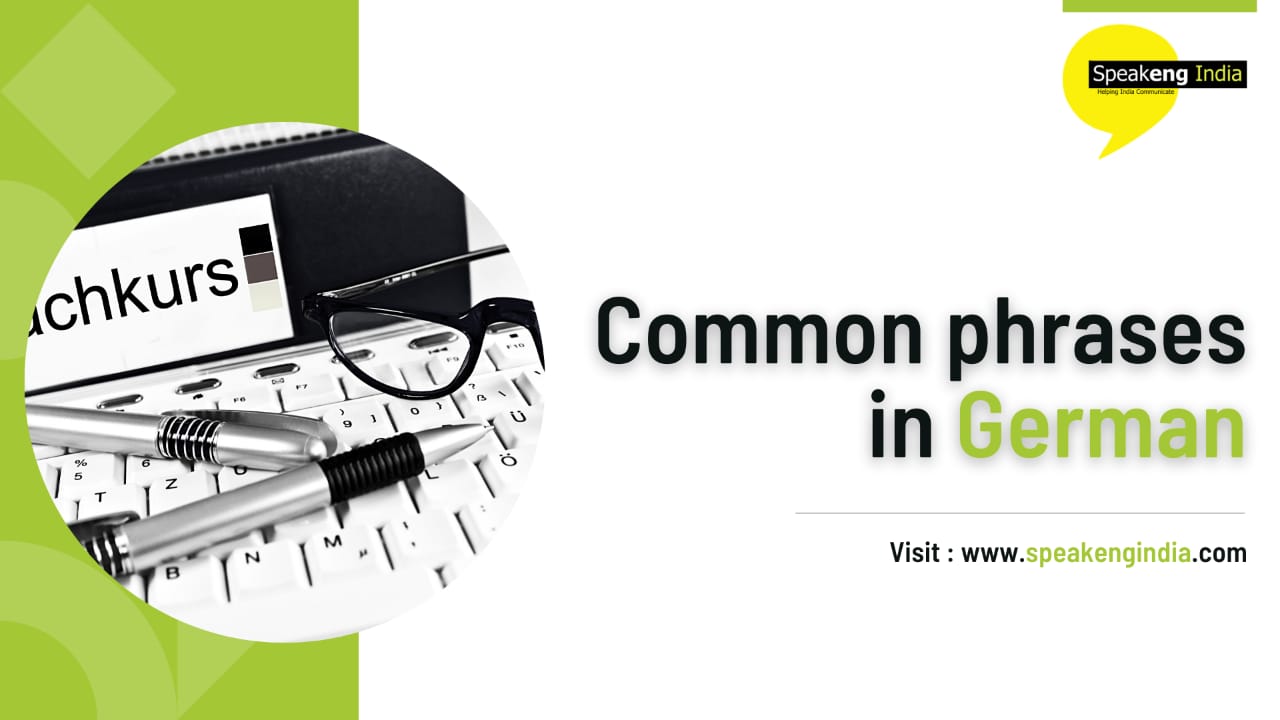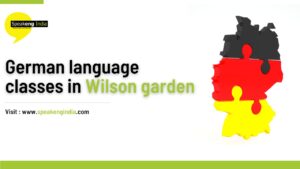The German or the Deutsch language is one of the most commonly spoken languages across Europe. With almost 100 million native speakers and over 130 million speakers, German is one of the most spoken native languages within the European Union.
German countries are one of the most technologically advanced places. German has a major influence acrossthe fields of philosophy, technology, science, etc. it is also one of the most commonly used languages on the internet.
Germany is home to many technological and corporate leaders like BMW, Bosch, and SAP. Proficiency in German makes us rank high for the choice in one of the best corporates of the world. A skill quite helpful in our career ladder and hence worth investing time in.
Over the years, Germans have put effort and learned basic English. When you visit their land and show that you have put similar efforts to learn basic German, they will welcome you with warmth and be more reachable. This fact is true for people of any language. Knowing the basic language when you visit a place, signals the locals that you are keen to know them and their culture and also respect it.
Here are some basic German phrases that come real handy when you need them:
- ja (yes)
- nein (no)
- bitte (please)
- danke. (Thank you.)
- Bitte schön. (You’re welcome.)
- Vielen Dank. (Thank you very much.)
- Nein, danke. (No, thank you.)
- Es tut mir leid. (I’m sorry.)
- Entschuldigung! (Excuse me. [as in may I have your attention].)
- Nichts, danke. (Nothing, thanks.)
- Sprechen Sie Englisch? (Do you speak English?)
- Ich sprecheEnglisch. (I speak English.)
- Ich sprechenichtviel Deutsch. (I don’t speak much German.)
- Können Sie das übersetzen? (Can you translate that for me?)
- Wohingehen Sie? (Where are you going?)
- Ich weißnicht. (I don’t know.)
- Ich gehezum Park. (I‘m going to the park.)
- Das Museum istnichtoffen. (The museum isn’t open.)
- Kein Mensch versteht es. (No one understands it.)
- Darf ich mir einen Stadtplan ansehen? (May I see a map?)
- Wie komme ich zu …? = How can I get to …?
- Gibt es ein Restaurant in der Nähe? = Is there a restaurant nearby?
- Ich liebe dich = I love you
- Wie vielkostet das …? = How much is this …?
- Es tut mir leid, ich verstehe das nicht = Sorry, I don’t understand
- Haben Sie noch Zimmer frei? = Do you have any rooms available?
- Auf Wiedersehen = Goodbye
German language may take a while to set your footing in but it is well worth it!
At Speakeng India, we have expert German trainers who not only teach you the nuances of this language but also help you gain proficiency in it by using activity-based learning modules.
Author
Vaishali Pandey




